In the modern manufacturing landscape, the efficiency and precision of packaging play a pivotal role in a company's success. For industries handling products like grains, seeds, coffee beans, pharmaceuticals, and fertilizers, the challenge of packaging free-flowing, granular materials is significant. This is where specialized granular packaging equipment becomes essential, offering a sophisticated and automated solution to ensure product integrity, speed, and accuracy.
What is Granular Packaging Equipment?
At its core, granular packaging equipment is an automated system designed to measure, fill, and seal granular products into various types of containers, such as bags, pouches, sachets, or bottles. Unlike machines designed for liquids or powders, this equipment is specifically engineered to handle the unique flow characteristics of granular materials, preventing spillage and ensuring precise measurements.
The process typically begins with a feeding system that transports the granules from a storage hopper to a weighing or measuring mechanism. This is followed by a filling stage, and finally, a sealing stage to secure the product and protect it from external factors like moisture and contamination.
Key Components and How They Work
A typical granular packaging line is a symphony of coordinated components, each playing a crucial role in the packaging process.
-
Feeding System: This is the entry point for the product. It often uses a conveyor or elevator system to move the granules from a bulk supply into the machine's hopper.
-
Weighing/Measuring System: This is the brain of the operation, ensuring each package contains the exact, predetermined amount of product. The most common types are:
-
Volumetric Fillers: These work by filling a cup or chamber of a specific volume. They are suitable for products with a consistent density, such as rice or sugar.
-
Multi-Head Weighers: The gold standard for accuracy and speed, these systems use multiple weighing heads. The machine calculates the perfect combination of heads to achieve the target weight, a method that is highly efficient for irregular products like nuts or snack foods.
-
Bag Forming and Sealing: After weighing, the machine forms the package itself.
-
Vertical Form-Fill-Seal (VFFS): This is a popular method where a large roll of film is formed into a tube, sealed at the bottom, filled with the product, and then sealed at the top and cut.
-
Horizontal Form-Fill-Seal (HFFS): This process works horizontally, forming, filling, and sealing pouches from a flat roll of film.
-
Premade Bag Fillers: These machines are designed to fill and seal already-made bags or pouches, which can be a good option for businesses with specific branding needs.
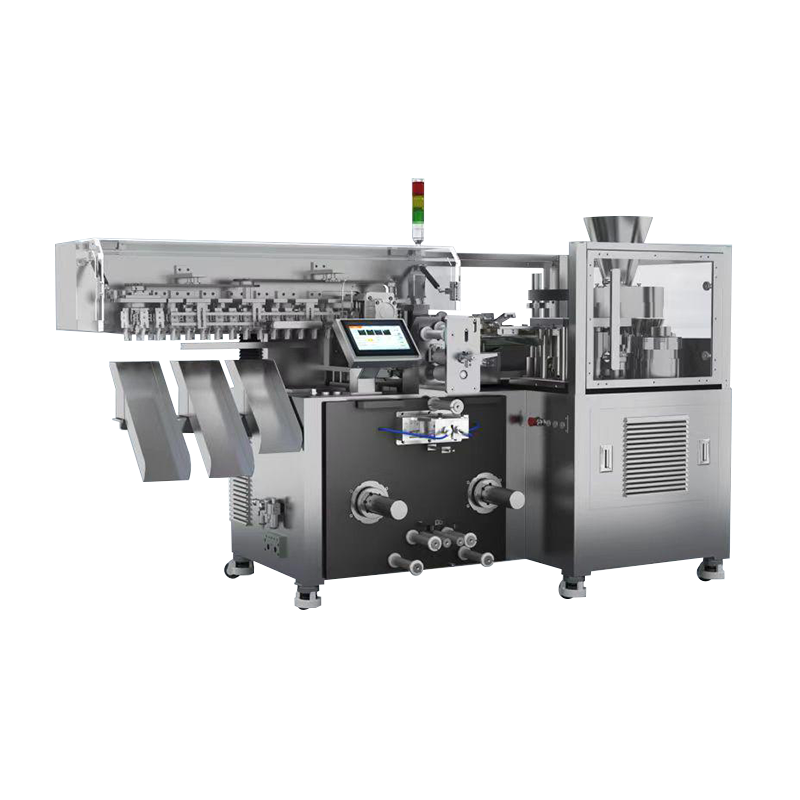
The Benefits of Adopting Granular Packaging Equipment
The move from manual to automated granular packaging is not just about a change in machinery; it's a strategic investment that offers a multitude of benefits for a business.
-
Enhanced Efficiency and Speed: Automated systems can package products at a speed and volume that human labor simply cannot match. This leads to higher production throughput, meeting large-scale market demands and reducing operational time.
-
Superior Accuracy and Consistency: With precision weighing systems, these machines eliminate the risk of human error. Each package contains the correct amount of product, minimizing "giveaway" (product overfill) and ensuring a consistent, high-quality end product that builds consumer trust.
-
Cost Reduction: By automating the process, companies can significantly reduce labor costs, reallocate staff to more complex tasks, and minimize product waste from spillage and inaccurate measurements. The efficiency gains directly translate to a healthier bottom line.
-
Improved Hygiene and Safety: Most modern granular packaging equipment is constructed from food-grade stainless steel and includes features that prevent contamination. The sealed nature of the packaging protects the product from environmental factors, extending shelf life and ensuring consumer safety.
-
Versatility: These machines are incredibly versatile, capable of handling a wide range of granular products across various industries, from food and beverage to chemicals and pharmaceuticals. They can also be adapted to different bag sizes, styles, and materials.
In conclusion, investing in state-of-the-art granular packaging equipment is a powerful step toward a more efficient, accurate, and profitable future. It’s a solution that not only streamlines the packaging process but also enhances product quality and bolsters a company's competitive edge in the global market.


 English
English Español
Español عربى
عربى
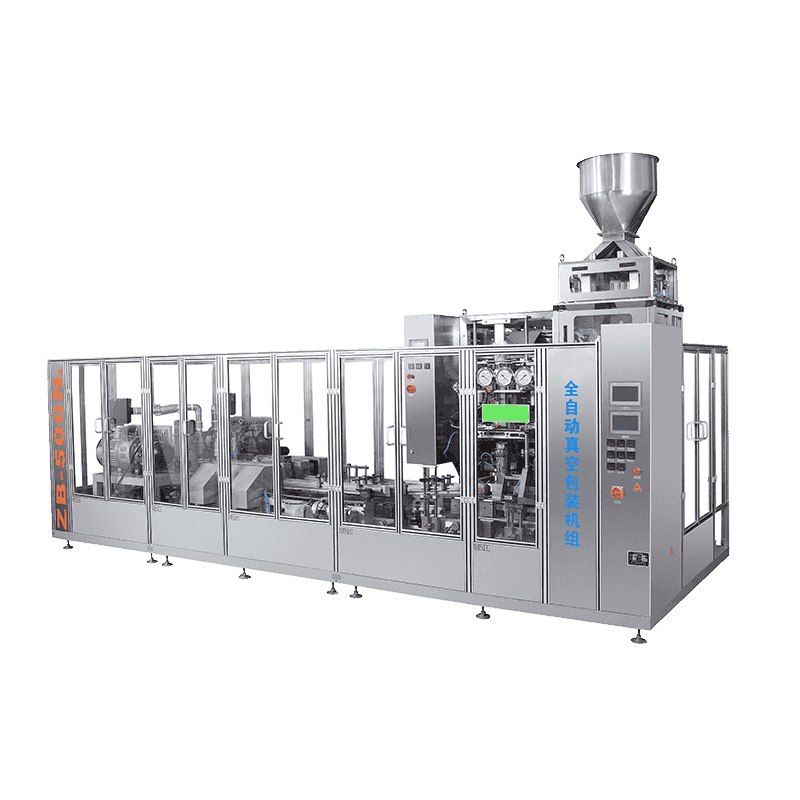
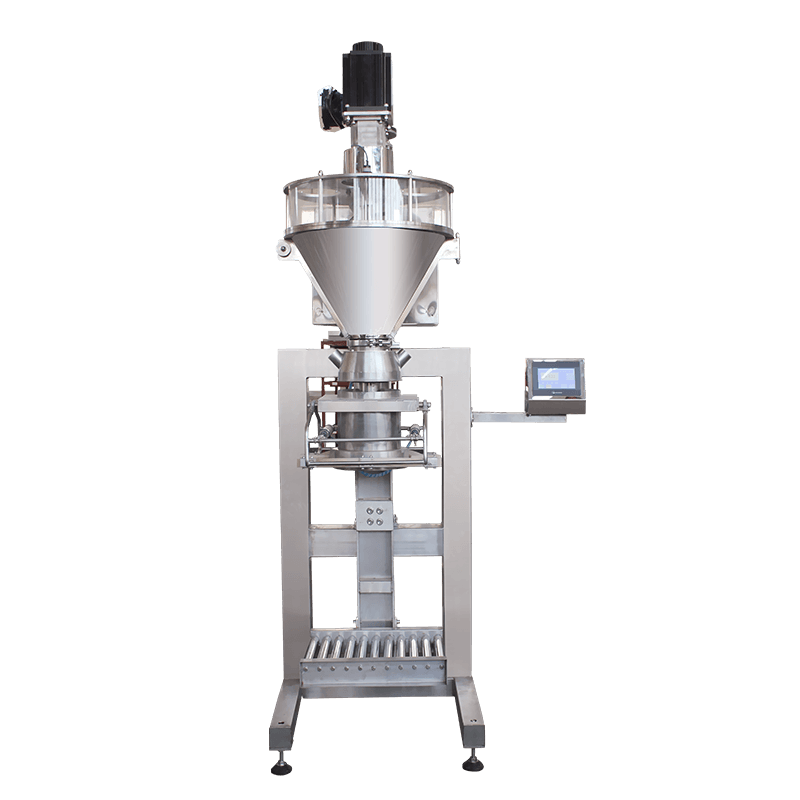
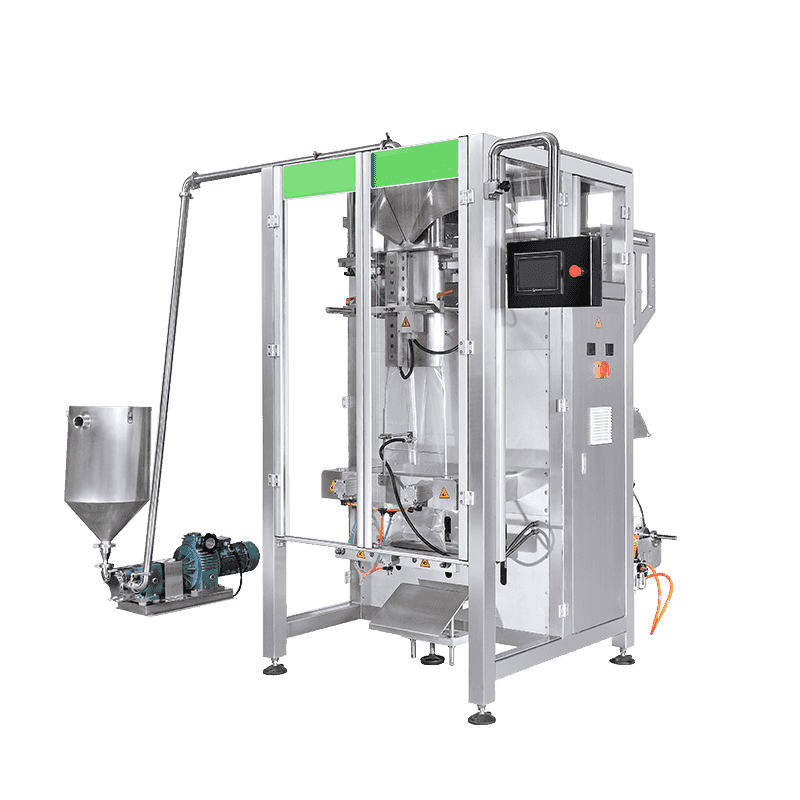
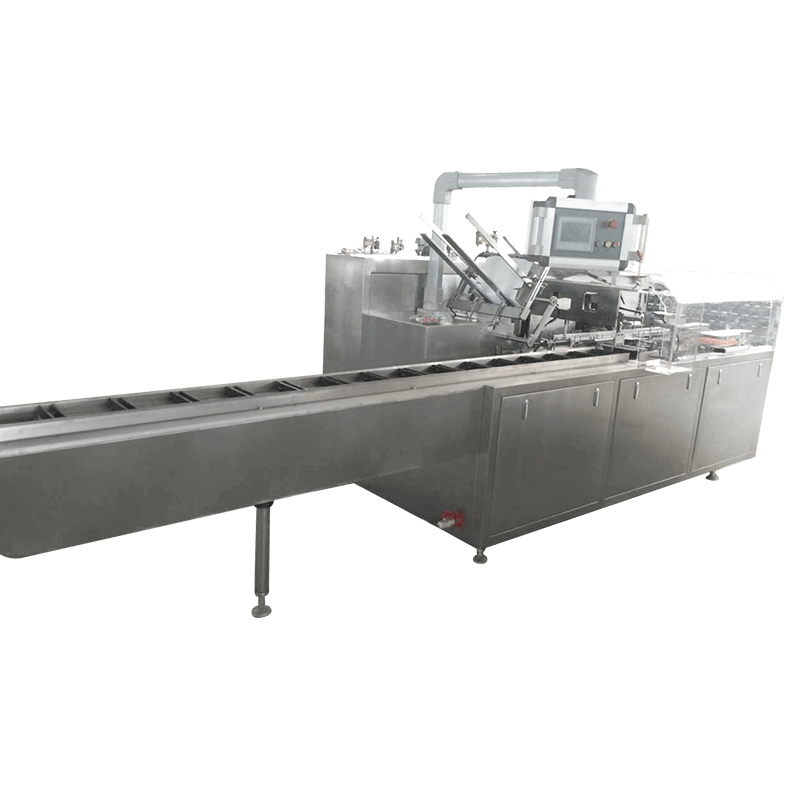
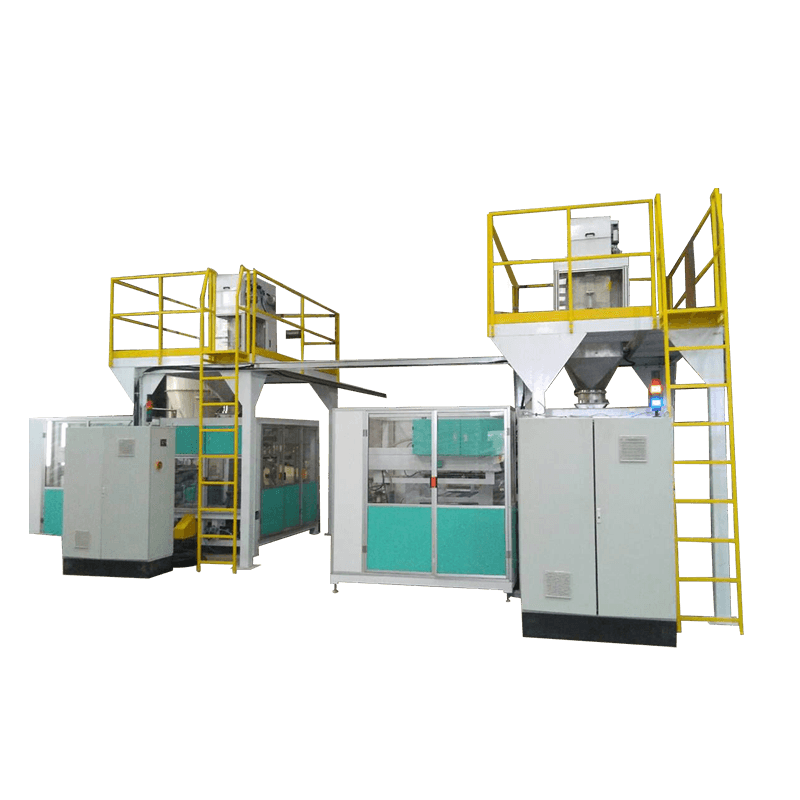
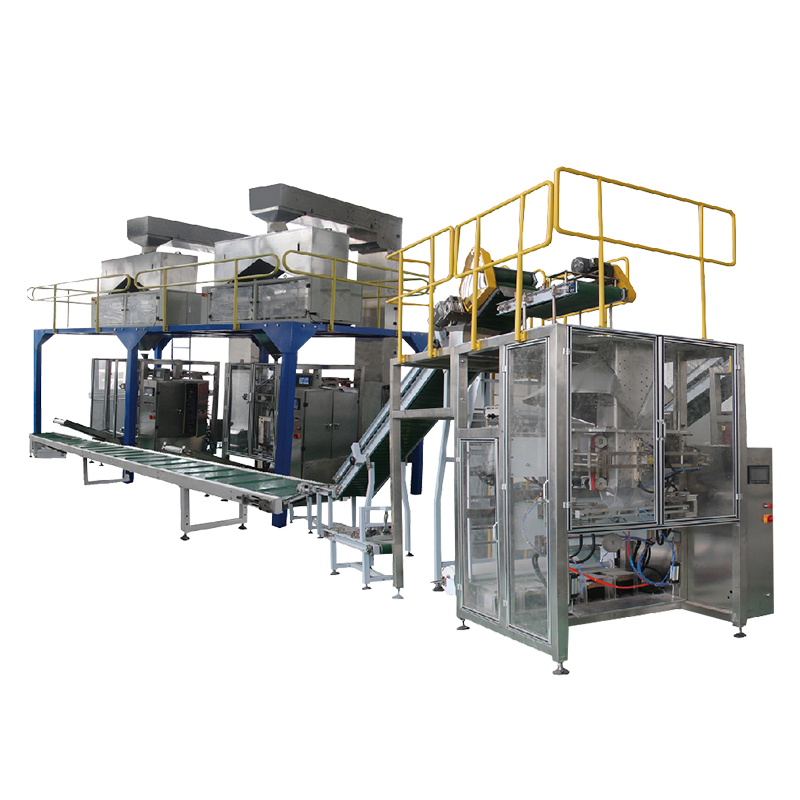
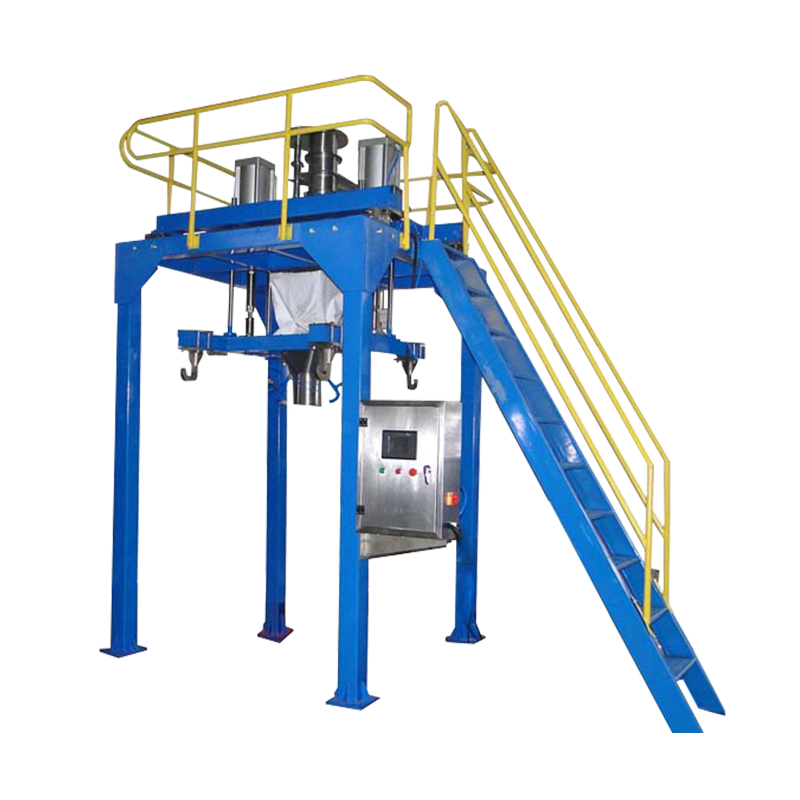
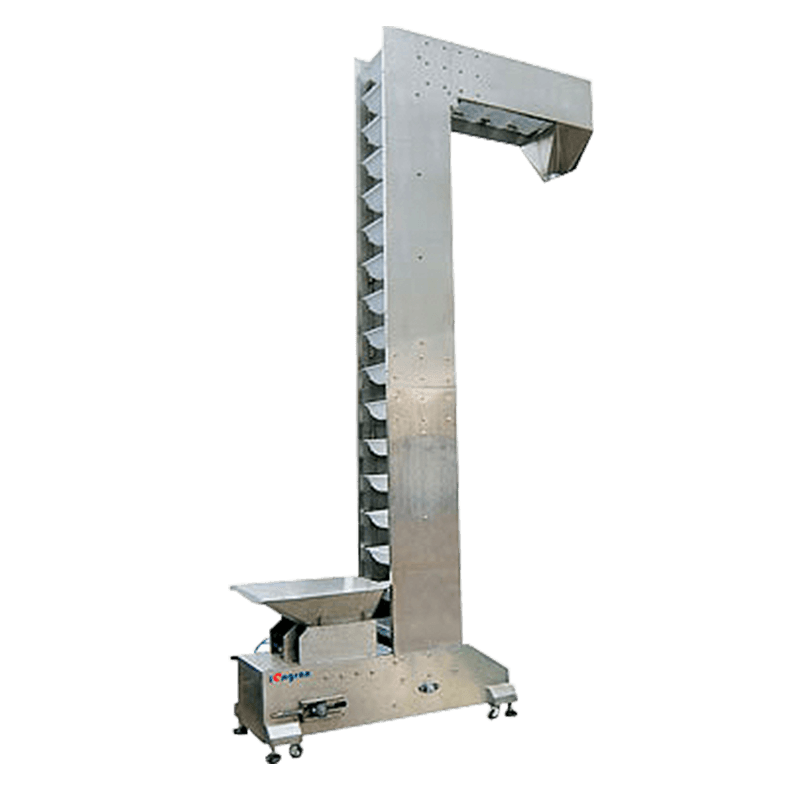
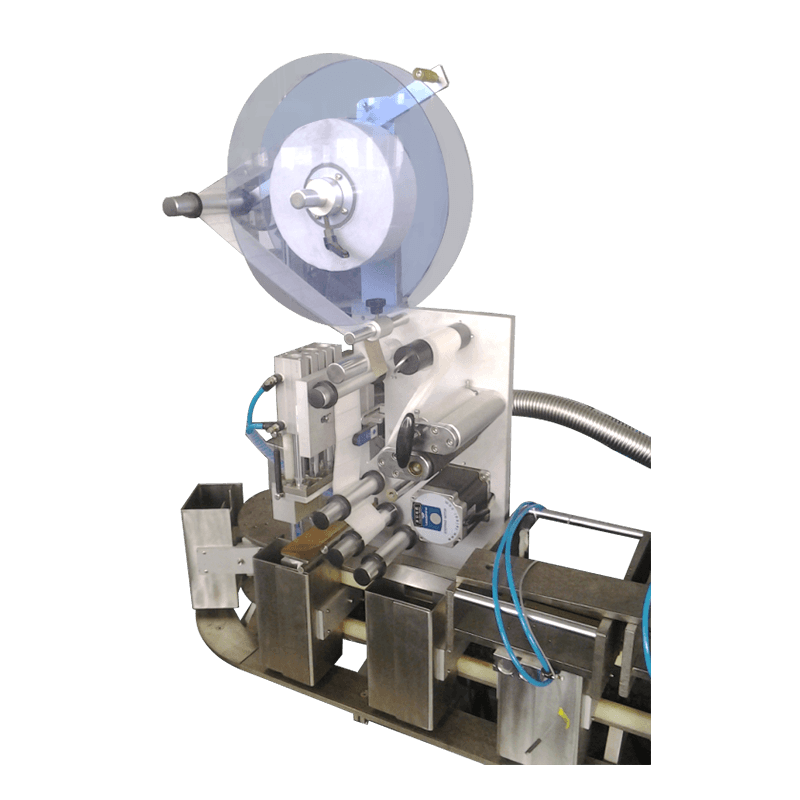
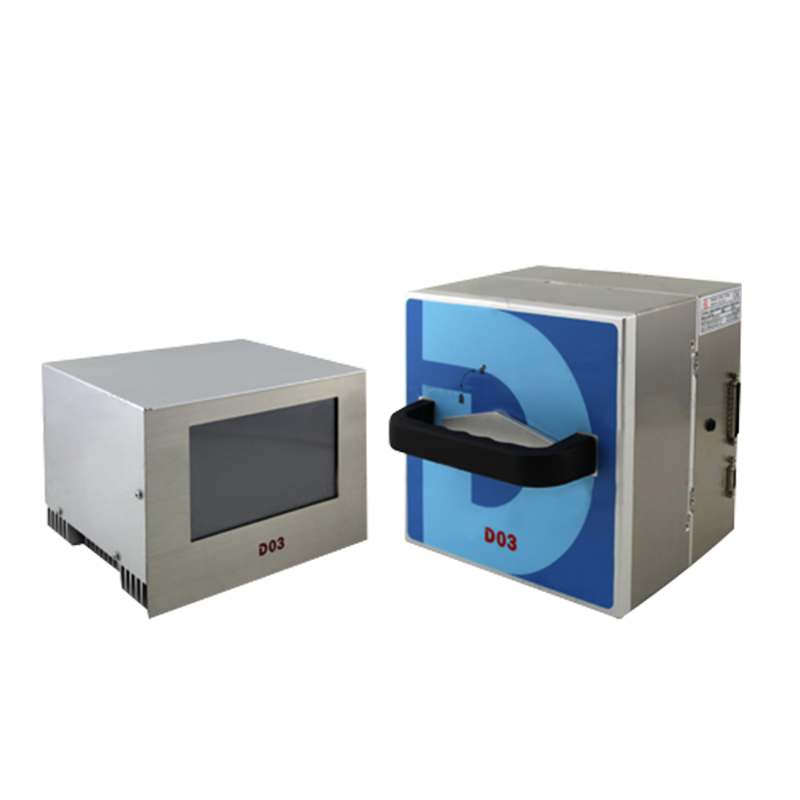
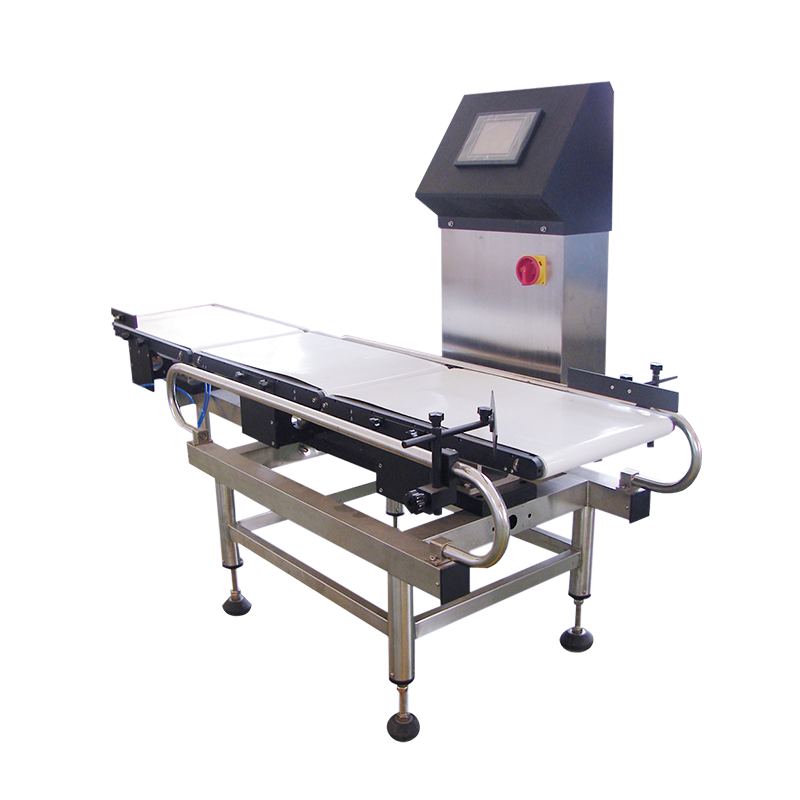
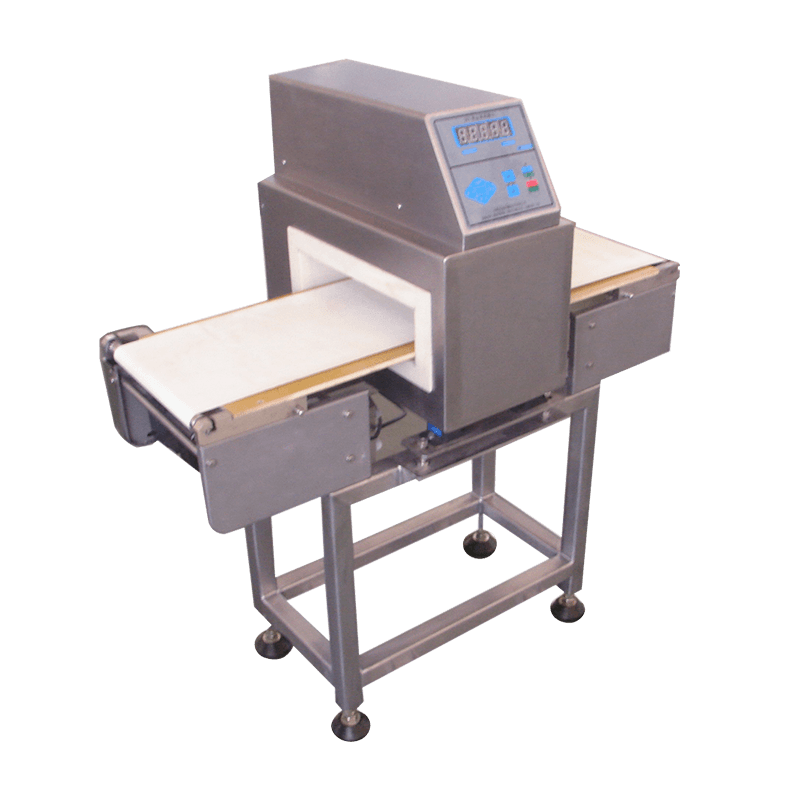

Contact Us